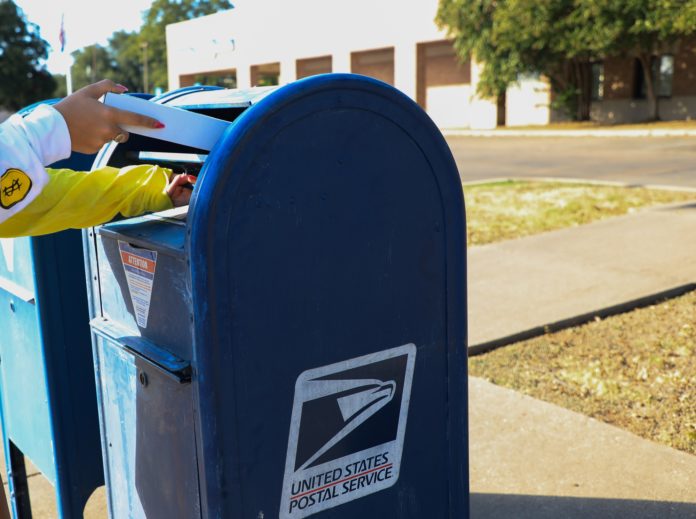The U.S. Postal Service experienced a gutting from the inside in recent weeks. At the hands of Postmaster General Louis DeJoy, the much-beloved institution has cut overtime, decommissioned sorting machines and removed mailboxes, seemingly in an attempt to cripple this American icon.
The removal of sorting machines in California facilities led to delays in delivering prescriptions, rent and unemployment checks. Food shipments caught in the bottleneck rotted on the facility floor and live crickets and baby chicks died in their crates. At least one worker called it “Armageddon.”
This scene played out at facilities across the country, and more than 20 states filed lawsuits against the USPS in response. In a U.S. House of Representatives hearing Monday, Rep. Jim Cooper, D-Tenn., said the slowdown could amount to intentionally delaying the mail: an illegal act under federal law.
Under normal circumstances, the kneecapping given to the Postal Service would already be a travesty. But as anyone who’s been alive in this country for the past five months knows, these are not normal times.
Cuts could not come at a worse moment for the beleaguered institution. The combination of a runaway pandemic and the impending presidential election means tens of millions of Americans will likely vote by mail. These recent changes have sabotaged the Postal Service’s ability to keep up.
Roughly 10% of the Postal Service’s sorting machines – 671 in total – were slated for removal before DeJoy suspended ongoing changes until after the November election, but with many already out of commission and no plans to replace them, the damage may already be done.
NPR found more than 65,000 mail-in ballots from primary elections this year went uncounted after arriving late. Most states rejected around 1% of mail-in ballots, and Virginia rejected more than 5% of its mail-in ballots for arriving late. When 2020’s use of mail-in ballots is expected to “shatter previous records,” delaying the mail now is tantamount to manipulating the election.
Beyond the election, the Postal Service is an essential part of life for many Americans. In 2019, the Postal Service delivered 143 billion pieces of mail and serviced 46 million rural addresses. Oftentimes the Postal Service is the only delivery option for many of these rural residents. The Postal Service also handles last-mile delivery for other carriers – including competitors UPS and FedEx – and is required by law to deliver six days per week.
Each day more than 330,000 veterans across the country receive prescriptions by mail from the VA. Small businesses also overwhelmingly rely on the Postal Service, with 2019 data showing 70% of businesses with 10 or fewer employees utilizing the service.
Even without any of this, recent attacks on the Postal Service ignore that it was always intended to be just that, a service. And that service is one worth saving.






